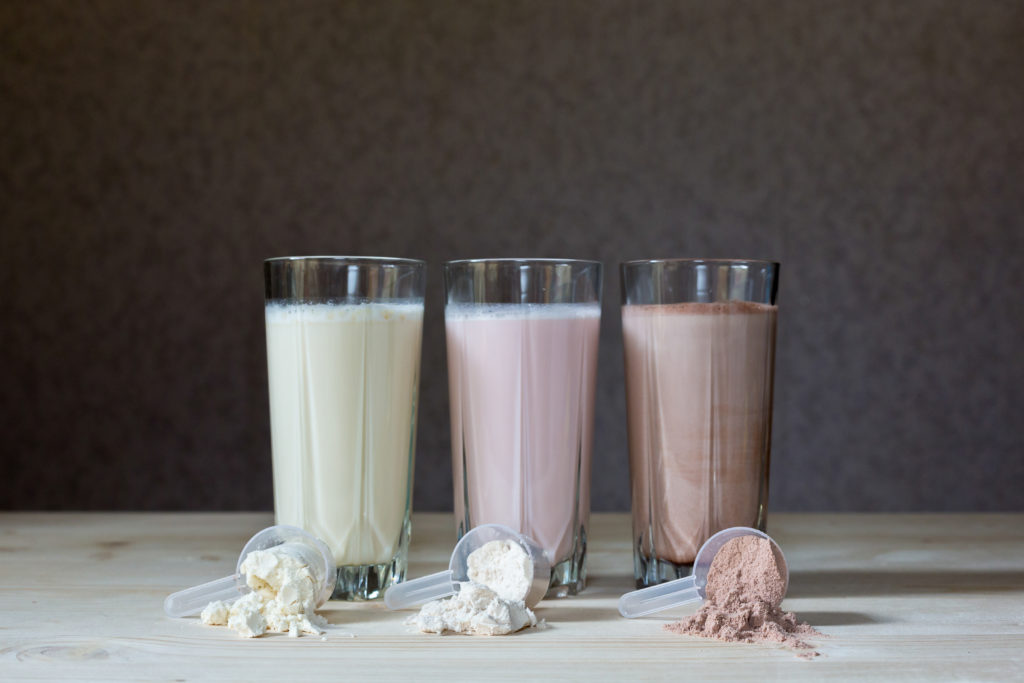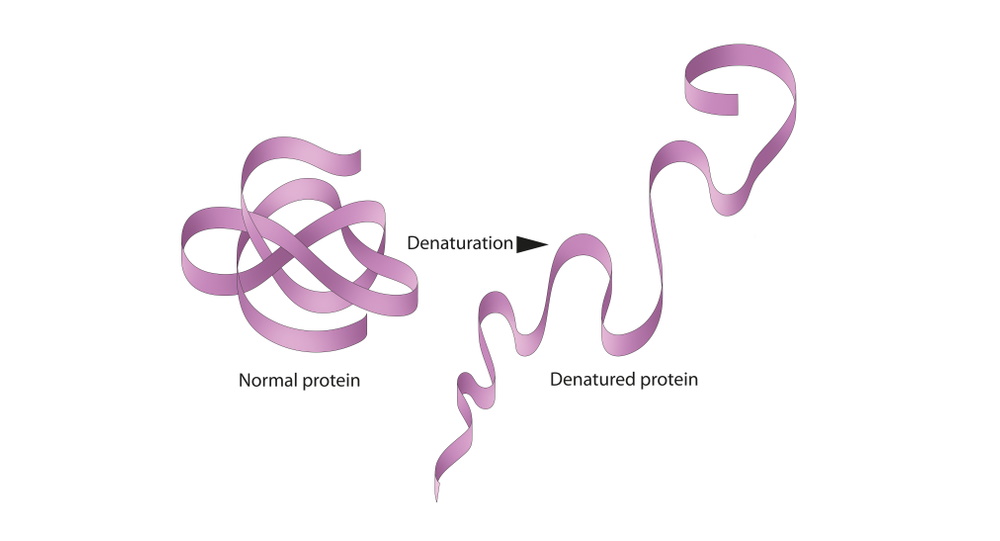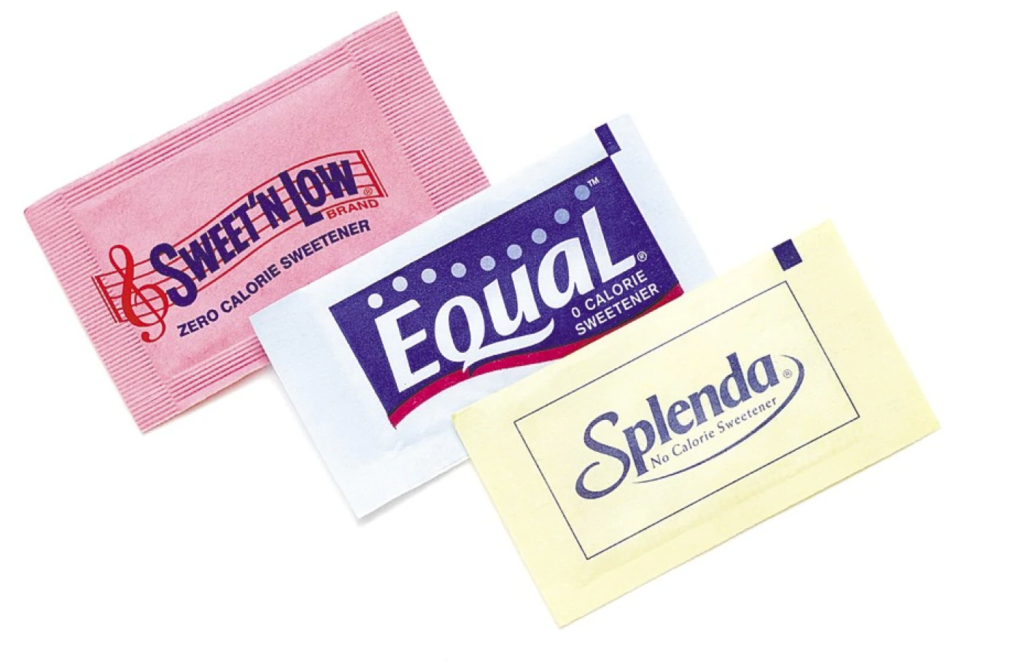
Protein shakes are usually at the heart of every single nutritional line, which is generally promoted as their “premier central product.” These nutrition products should be clean and designed to help you reach your wellness goals, whether that means boosting the health of your hair, skin, and nails, losing weight, or simply nourishing your body. However, not all protein products are created equal. The scary truth is that so many of them are complete junk. Not only can they keep you from achieving your personal wellness goals, but their hidden unhealthy ingredients can actually cause more harm than good to your health.
We want you to focus specifically on good quality, effective, potent products in every category, but especially in a central protein product right from the get-go. Keep reading to learn the five ingredients that you can watch for today, that will tell you if you’re dealing with a healthy, quality product or something that you really should just set back on the shelf and move on.
1. Soy
Luckily, soy protein is not being used as much today as it was in the past because so many people are becoming aware of all the problems that there are with soy. But once upon a time, they were putting soy protein in basically every low-quality protein shake that was on the market.
Number One Product for GMOs

The reason that we’re so concerned about soy as a protein is for one; it’s the most commonly genetically modified protein out there. (Click here to learn about the dangers of GMOs.) Soy is the number one product for GMOs. More than 95% of all soy is genetically modified as it has cross-contaminated fields of even non-GMO soy. Today it’s becoming nearly impossible to find soy that does not have some genetically modify DNA in it.
2. Denatured Whey
We see tons of whey products on the market because whey (at its base) is a protein that can be very valuable, although there’s one caveat that no one is talking about. For whey to properly digest, break down, and give you all the amino acids that you need for your body to use the amount of whey that is in your protein shake, it needs to be non-denatured whey.

When heat or chemicals are used to extract whey, it actually changes (denatures) the chemical structure of that whey protein so that your body does not digest it very well. If you have had whey product that makes your stomach upset, chances are highly likely that you’re dealing with denatured whey protein.
False Savings Trap
Why would people damage the whey protein to extract it? The answer is because denaturation is a cheap and fast method to process whey protein. So usually, when you’re dealing with a discount whey protein, it’s a denatured protein that has been extracted either by heat or chemicals. It is also why you see your body may not feel so good after you ingest it.

If being unable to digest a denatured whey protein isn’t a concern to you, know that because it is so difficult to digest it, your body will only use 20-30% of that protein and the rest is just an expensive trip to the bathroom. Your body simply cannot break it down and use those amino acids. So if you break down the cost per usable grams of protein between a high-quality whey protein (which may cost a little bit more) and a cheap denatured whey protein, the high-quality one is cheaper for you per gram of protein because your body can use 100% of the protein that is in there. So it’s a false saving and not a trap that you want to fall into.
The 20 grams of protein that are in the M’lis M.R.P. Instant Meal Shake is 100% usable. It’s an entirely cold-processed, non-denatured whey. If you buy a junky whey protein at 20 grams, know you’re getting 20-30% (usually around 4-6 grams) of protein out of that, and the rest is just an expensive trip to the bathroom.
3. Caseinates
Caseinates are protein compounds that are built from casein protein in milk products. Casein is a protein that is in high concentration in cow’s milk. It’s a giant protein molecule that’s created specifically for building great big cows. However, cows break down foods much differently than humans. Cows have multiple stomachs equipped with an entirely different digestion process, making it easy for them to break down casein proteins. Humans, on the other hand, have an extremely difficult time digesting casein proteins. So any caseinates are not going to digest very well and for sure, not very quickly.
Benefits for Body Building

You’ll never want to use a casein protein after a workout because your body will not break down that casein protein in time to help you recover from that workout. However, if your fitness goals include putting on a ton of muscle, caseins are exceptional at doing just that. As mentioned above, caseins are designed to build great big muscular structured cows. So when bodybuilders want to get bulky, they use caseinates at bedtime while taking advantage of the prolonged digestive process over that eight hours of sleep. If your goal is to bulk up, caseinates can be suitably used right at bedtime, but if you don’t want to bulk up, caseinates are not your friend, and you want to avoid products with caseinates in them.
4. Added Refined Sugars
We know dietarily one of the biggest problems that we’re facing with our diet is that we’re just consuming way too much sugar. Even the national institutes of health (which is usually far behind the times) recommends that you consume less than 25 grams of refined sugar per day, yet the average American consumes up to 70 grams per day.

Some protein shakes have almost 25 grams in one serving. It’s like a candy bar worth of sugar in one shake, and it’s entirely unnecessary. So when we take a look at our protein shakes, and it’s something that we’re going to specifically try to add in healthy nutritional insurance into our diet, it’s the last place you want to be seeing a bunch of added sugar. Oftentimes naturally occurring sugars come with protein shakes, and that’s an okay thing. But you do not want to see added refined sugar within a shake.
5. Chemical Sweeteners
If you’ve been apart of the M’lis community for a while, you may already know why chemical sweeteners are so bad. In case you’re new around here, they’ve been controversial since they entered the market about ten years ago and are linked to so many dangerous side effects.

Aspartame
Aspartame is the single most complained about toxic food additive to the FDA in history. There are documentaries made on what a complete sham it was that product was ever even approved for human ingestion. Dozens of decade-long independent studies have connected aspartame to various health problems. Point-blank, it’s not something that you want to be eating. It’s poisonous to your body, and you definitely don’t want to see it in the ingredients of your protein shake.
Sucralose
Sucralose is a newer entry into the market, but not a lot of people know what it is. Marketers make it sound natural by pitching, “it tastes like sugar cause it’s made from sugar!” However, it’s chlorinated sugar, which is just absolutely horrible for your body.
On a biological level, your body will metabolize and break that chlorine off of about 25% of that sucralose. So while we think we’re not getting any sugar, about 25% of whatever sucralose you consume, your body will break apart and process all of that sugar. That sugar can negatively impact your insulin, your blood levels, and your calorie base. The 25% of the chlorine that gets broken off can damage your thyroid function as well as other nasty things in your body.
Ace K
Ace K has had the least amount of scientific research even though long-term use of its main chemical ingredient (methylene chloride) has been linked to cases of gut issues, mood problems, damaged liver, and many other health issues.
Final Thoughts
Moving forward, we want you to look for protein shakes that are built with high quality, great ingredients, such as grass-fed whey that is completely cold-processed and non-denatured (so it’s digestible), that don’t have added refined sugar or chemical sweeteners in it, just like the M’lis MRP.
It’s important to remember that there’s so much marketing spin out there today on health products. People will tell you their product is healthy, but as long as they’re not flat out lying about what is in that product (which is thankfully becoming difficult to do), those ingredient panels will tell you the truth.




